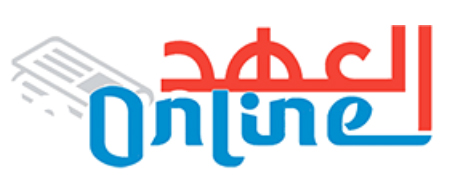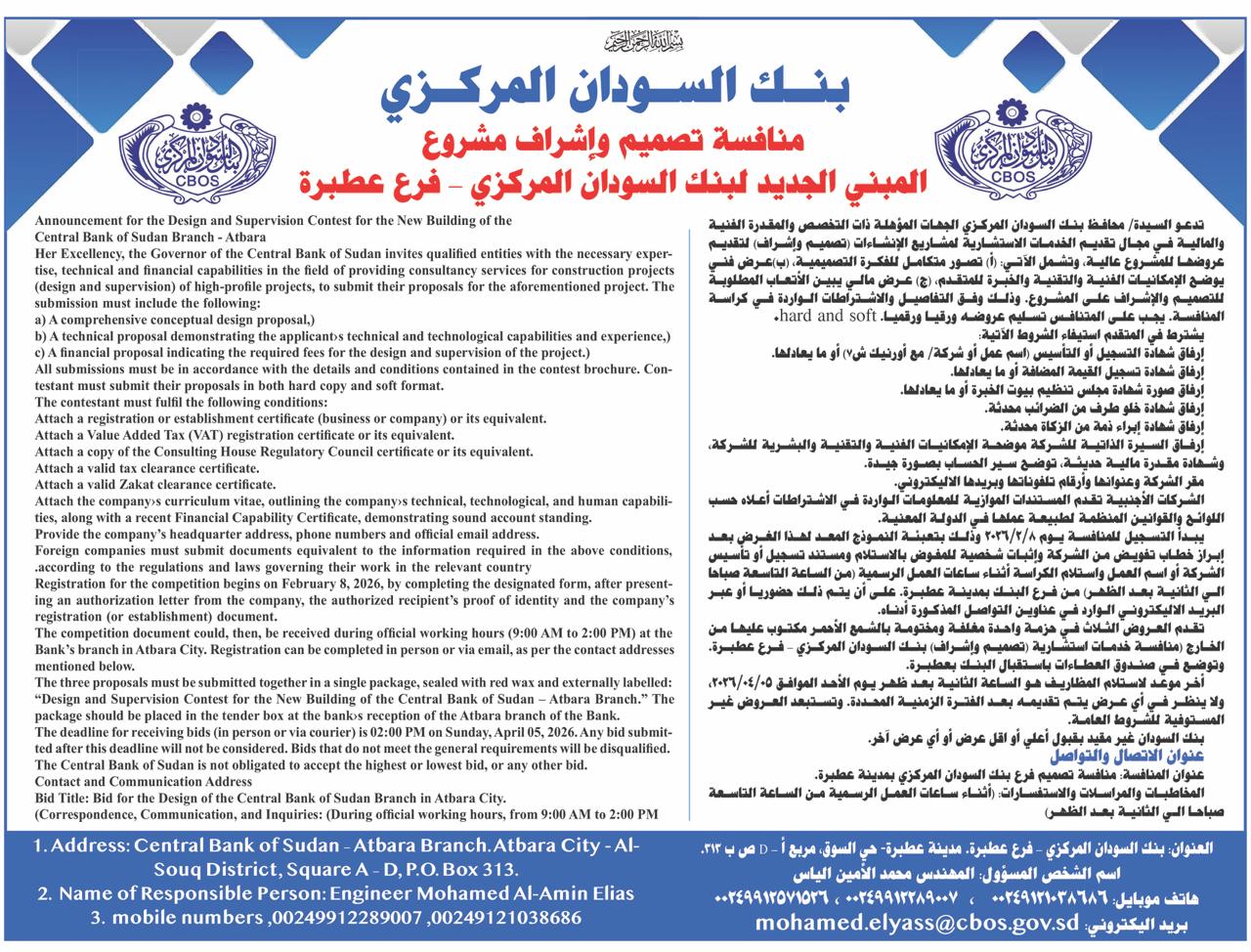إبراهيم شقلاوي يكتب: ..وجه الحقيقة.. السودانيون يرفضون لجنة موسيفيني ويتمسكون بجدة

إبراهيم شقلاوي يكتب: ..وجه الحقيقة.. السودانيون يرفضون لجنة موسيفيني ويتمسكون بجدة
تظل أزمة السودانيين وحكومتهم مع الإتحاد الإفريقي ومنظمة الايقاد منذ اندلاع الحرب ، في منتصف أبريل من العام الماضي بعد الإنقلاب الذي قامت به قوات الدعم السريع المتمردة وداعميها من الإقليم وبعض القوى
السياسية ، أزمة ثقة أوجدها غياب البعد الأخلاقي والقانوني و السياسي الملزم لكلا المنظمتين بتعريف الحرب كما عرفتها الحكومة والجيش السوداني ، ومن ثم السعي لإيقافها ، على الأقل بإعتبارهما الحكومة والجيش
الوطني الذين يمثلون السودان والسودانيين و الذي يجري التعامل معهم وفقا لذلك من جميع دول العالم ومنظماته الإقليمية والدولية ، هذا أبسط ما كان يطلبه السودانيون وحكومتهم تعريف الحرب تعريفا دقيقا و
إدانة التمرد كمان يفعل الإتحاد الأفريقي والإيقاد من قبل مع دول عديدة في القارة ، وليس ما حدث من تمرد في إثيوبيا ببعيد ،. في الحالة السودانية والتي ظهر فيها حال الإتحاد الإفريقي، كما يبدو متراجعا بائسا خاضعا لأطراف صادرت قراره ، لصالح مشروع الوصاية الأجنبي
واختطاف الدولة السودانية ، كان السودانيون يتطلعون الي إدانة التمرد وجميع الانتهاكات والفظائع المرتكبة بحقهم ، هذه الإدانة المهمة أن حدثت مبكرا من الإتحاد الإفريقي كانت سوف تساهم مساهمة كبيرة في وقف الحرب وتحد من تطاول أمدها ، بل كان من المؤكد
ستحقن دماء السودانيين وتحفظ أمنهم ، لكن للأسف ظل الإتحاد الإفريقي ومنظماته ومنظمة الإيقاد ينظرون لحرب السودان من وجهة نظر دول أخرى ، هي من ساهمت في إشعال الحرب وتقوم بدعمها حتي اللحظة ، لم يجروء الإتحاد الإفريقي والإيقاد لإدانتها ولو تلميحا ،
بل ذهبت بعض الدول الأفريقية التي كان يعتبرها السودان صديقة وحليفة إلى استقبال قائد التمرد بعد إشعال الحرب استقبال الرؤساء ، وهي تدعي اليوم الحرص على وقف الحرب بعد عامين إلا قليلا ، وبعد أن أوشكت القوات المسلحة السودانية على حسم التمرد
لصالح وحدة السودانيين وأمنهم ، عليه كيف يريد الإتحاد الإفريقي استجابة الحكومة السودانية و السودانيين لمبادرات وقف الحرب وهم لايثقون فيه ، بل هو من يجمد عضويتهم في المنظمة وينظر للحرب من وجهة نظر الطرف الذي أشعلها وانتهك أبشع الانتهاكات في
حقهم التي أثبتتها عدد من المنظمات الحقوقية والإنسانية ، لذلك حين أعلن أول أمس وزير خارجية السودان حسين عوض في حوار مع مركز المستقبل للدراسات الاستراتيجية وتقييم المخاطر ، أن الحكومة
السودانية لن تقبل أن تفرض عليها أيه حلول لقضاياه من الخارج ، و أن الحرب كشفت عن أصدقاء السودان الحقيقيين، الرجل كان يعني ما يقول بل عبر فعلا عن النتائج التي توصل لها الشعب السوداني وحكومته جراء
هذه الحرب حيث اثبتت المواقف المخزية من جواره الافريقي وعدد من المنظمات الاقليمية والدولية. وهذا انسحب ضمنا على مبادرة الرئيس الأوغندي يوري موسيفيني ، التي رشح حديث عنها مؤخرا ، وعن قمة
خماسية برئاسته في الثالث والعشرين من أكتوبر الجاري ، والتي قيل أنها تجمع بين فخامة الرئيس السوداني قائد الجيش عبد الفتاح البرهان وقائد التمرد محمد حمدان دقلو لمناقشة حرب السودان ، هذه القمة التي وصفها
مراقبون أنها تأتي برغبة الداعم الإقليمي للتمرد بعد أن خسر حربه على الدولة السودانية في الميدان ، جراء صمود وبسالة الجيش السوداني و تلاحم الشعب السوداني معه.، لذلك جاء حديث السيد وزير الخارجية السوداني واضحا و متسقا مع رؤية القيادة والشعب
السوداني، حيث قال :( إنه في الأسبوع الثالث من أكتوبر الجاري، هناك لجنة خماسية تم تشكيلها من قبل مجلس الأمن والسلم التابع للاتحاد الأفريقي برئاسة الرئيس الأوغندي يوري موسيفيني بشأن السودان، وهذه لجنة عرجاء، فالاتحاد الأفريقي جمد عضوية السودان ويحاول
أن يكون له دور فلن يكون للاتحاد أي دور إن لم تعد عضوية السودان للمنظمة ، وبعد ذلك يساهم ويشارك في حل قضاياه، والسودان لن يقبل أن تفرض أية حلول لقضاياه من الخارج سواء برئاسة موسيفيني أوغيره ، فالشأن السوداني متروك للسودان والسودانيين) هذا
الحديث الذي عده المراقبون رفضا واضحا لمساعي اللجنة الخماسية برئاسة الرئيس موسيفيني لما أعلن من مبادرة، حيث رحبت بحديث الوزير قطاعات واسعة من السودانيين، أكدوا علي أن وقف الحرب يتم بإلزام التمرد بما وقع عليه في جدة من العام الماضي، عليه يظل وجه الحقيقة: في التأكيد على أهمية تحقيق السلام واستعادة
الأمن للسودانيين بعد أن اعيتهم الحرب نزوحا وتشريدا فضلا عن الانتهاكات التي ترتكبها القوات المتمردة في حقهم ، ذلك يضمنه خروج التمرد من بيوت المواطنين والأعيان المدنية وتسليم اسلحتهم ودخولهم للمعسكرات تمهيدا لإدماج ما تبقي من هذه القوات داخل الجيش،
وفقا لقانون القوات المسلحة السودانية، هذا يحققه إتفاق جدة للترتيبات الأمنية والإنسانية الموقع في 11 مايو من العام الماضي، كذلك من المهم توافق السودانيين حول القضايا الوطنية وتفويض الجيش لإدارة البلاد لفترة معلومة مع حكومة كفاءات وطنية من المدنيين، غير
حزبية تضمن إدارة اليوم التالي من الحرب وصولا لانتخابات عادلة يشارك فيها جميع السودانيين دون استثناء أو اقصاء لأحد ، هذه المحددات المهمة و الأساسية، وحدها تضمن الاستقرار وإستعادة الأمن والسلام.
دمتم بخير وعافية.
الأربعاء 9 أكتوبر 2024 م. Shglawi55@gmail.com
_*The Face of Truth*_ / *Ibrahim Shaglawi*
*Sudanese Reject Museveni’s Committee and Stick to Jeddah*
The crisis between the Sudanese people and their government with the African Union and the Intergovernmental Authority on Development (IGAD) has persisted since the outbreak of the war in mid-April of last year, following the coup carried out by the
rebellious Rapid Support Forces (RSF) and their supporters from the region and some political forces. This has created a crisis of trust, caused by the absence of the moral, legal, and political dimensions that both
organizations are obliged to define the war by, as recognized by the Sudanese government and army, and to seek to stop it, at least as they are the government and national army representing Sudan and the Sudanese people, who are dealt with in this
capacity by all countries and their regional and international organizations. This is the simplest demand of the Sudanese people and their government: to define the war
accurately and to condemn the rebellion as the African Union and IGAD have done before with many other countries on the continent. The recent rebellion in Ethiopia is a clear example.
In the Sudanese case, where the African Union appears to be in a miserable and submissive state, its decision being hijacked by parties that are supporting the foreign guardianship project and the seizure
of Sudan’s state, the Sudanese people had hoped for a condemnation of the rebellion and all the atrocities and violations committed against them. If this
condemnation had come early from the African Union, it would have significantly contributed to stopping the war and limiting its prolonged duration. It would have certainly spared Sudanese blood and safeguarded their security.
Unfortunately, the African Union and its organizations, along with IGAD, have continued to view the war in Sudan from the perspective of other countries, which are responsible for igniting and supporting the war to this day. Neither the African Union
nor IGAD has even hinted at condemning it. In fact, some African countries, once considered by Sudan as friendly allies, have gone so far as to receive the leader of the rebellion after sparking the war, giving him
the reception typically reserved for heads of state, even while today they claim to be keen on ending the war after nearly two years, when the Sudanese Armed Forces were close to defeating the rebellion for the sake of Sudanese unity and security.
Thus, how can the African Union expect a response from the Sudanese government and the Sudanese people to its war cessation initiatives when they have no trust in it? The African Union is the same
organization that suspended Sudan’s membership and views the war through the lens of the very party that ignited it and violated the most heinous rights abuses against them, as confirmed by several human rights and humanitarian organizations.
Therefore, when Sudan’s Foreign Minister, Hussein Awad, announced in an interview with the Future Center for Strategic Studies and Risk Assessment that the Sudanese government would not accept any external imposition of solutions to its issues, and
that the war had revealed Sudan’s true friends, he was speaking with conviction. He was expressing the results that the Sudanese people and their government had come to as a result of this war, particularly given the shameful stances of their African neighbors and several regional and international organizations.
This also implicitly applies to the initiative of Ugandan President Yoweri Museveni, which was recently mentioned, and the five-party summit chaired by him on October 23rd of
this year, which is said to bring together Sudanese President and Commander of the Army Abdel Fattah al-Burhan and rebel leader Mohamed Hamdan Dagalo to discuss the Sudanese war.
This summit has been described by observers as being driven by the regional supporter of the rebellion after losing his battle against the Sudanese state on the ground, due to the steadfastness and
bravery of the Sudanese army and the unity of the Sudanese people with it. Therefore, Sudanese Foreign Minister’s statement was clear and consistent with the vision of the leadership and the Sudanese people. He said:
“In the third week of October this year, a five-party committee was formed by the African Union’s Peace and Security Council under the chairmanship of Ugandan President Yoweri Museveni regarding Sudan. This is a flawed committee. The African Union
suspended Sudan’s membership and is trying to play a role. The African Union will have no role unless Sudan’s membership is reinstated in the organization, after which it can contribute and participate in resolving
its issues. Sudan will not accept any imposed solutions to its issues from abroad, whether under Museveni’s leadership or anyone else. The Sudanese issue is left to Sudan and its people.”
This statement, which observers considered a clear rejection of the five-party committee’s efforts under President Museveni’s leadership, was welcomed by
wide sections of the Sudanese public, who emphasized that ending the war requires holding the rebellion accountable for what it signed in Jeddah last year.
Thus, the face of truth remains in emphasizing the importance of achieving peace and restoring security to the Sudanese people, after the war has caused them displacement, forced migration, and
numerous violations committed by the rebellious forces against them. This can be ensured by the rebellion leaving the homes of civilians and public facilities, handing over their weapons, and joining military
camps in preparation for integrating the remaining members of these forces into the army, according to the Sudanese Armed Forces Law. This is achieved through the Jeddah Agreement on security and humanitarian arrangements signed on May 11 of last year.
Additionally, it is crucial for Sudanese people to reach consensus on national issues and to authorize the army to govern the country for a specified period, with a government of national competencies from
civilians, which is non-partisan, ensuring the management of the post-war period until fair elections are held in which all Sudanese participate without exclusion or marginalization of anyone. These essential criteria alone guarantee stability and the restoration of security and peace.
Wishing you well and good health.
Wednesday, October 9, 2024
Shglawi55@gmail.com









